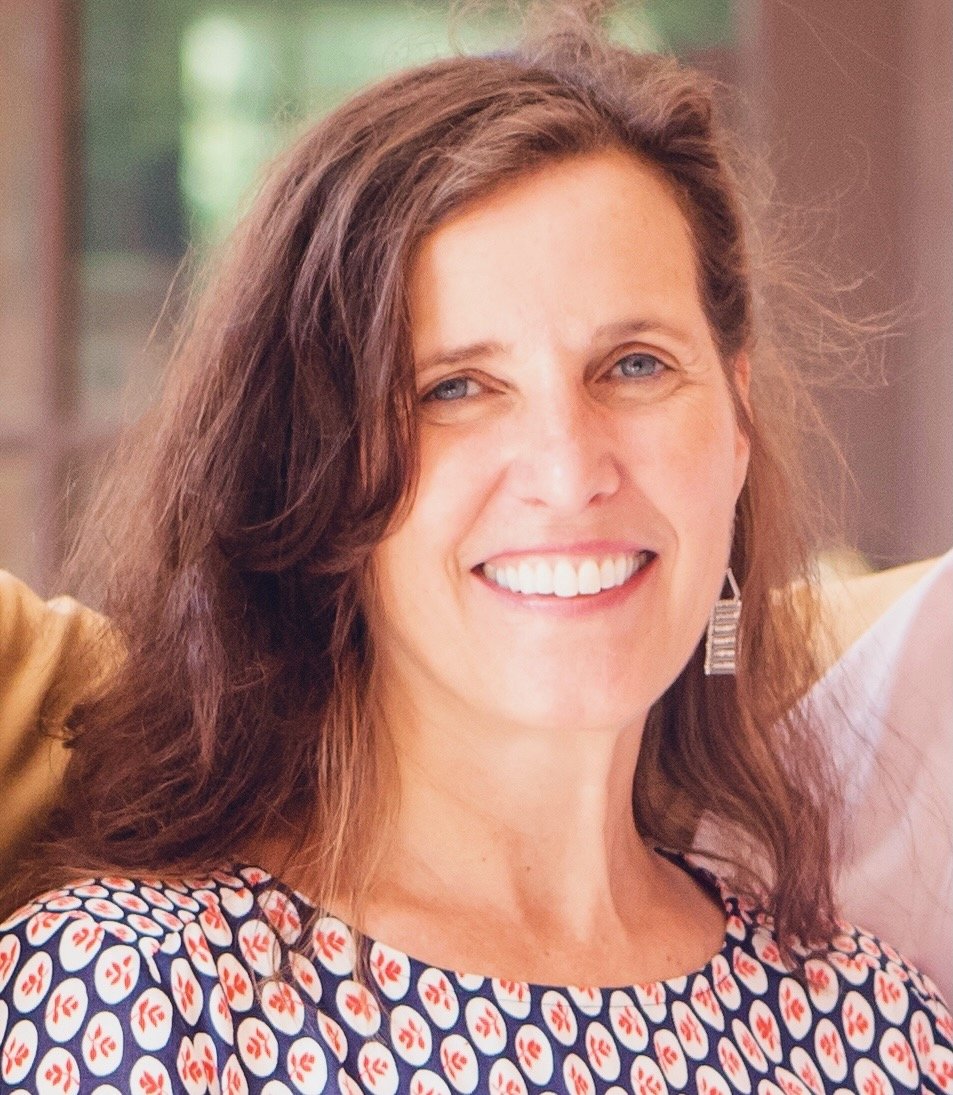Writing Life
The first story I wrote was about a group of girls deciding who would go first. I didn’t know then that was the story I’d keep writing.
There were no parents in the play, no adults to intervene. Just children negotiating power with language—earnest, hungry for belonging, uncertain about the rules. I wrote it in pencil on lined paper, acted it out in the basement with friends. I still have it, folded in a drawer somewhere. It was my first attempt at making sense of a world where order had to be imagined because it wasn’t guaranteed.
That instinct—to narrate the unspeakable into shape—stayed with me. Writing became my form of survival, then witness, then return. I have written through trauma, policy, research, grief, and memory. Each piece an answer to the quiet question beneath everything: Now that you know, what will you do with it?
My creative work includes the novel Howard Be Thy Name and my memoir-in-progress Hope Was the Work: A memoir of survival, public reckoning, and radical repair weaves personal narrative with public health work, cultural analysis, and the slow construction of hope. My plays—Little Red Wagon, We Are at the Well, Confession— explore maternal complicity, spiritual terror, and relational survival. My essays have appeared in The Guardian, P.S. I Love You, Arts & Understanding, and The Writer.
My essay “How Do You Forgive the Unforgivable?” was nominated for both a Pushcart Prize and Best American Essayin 2025. Another personal essay, “This Is About My Mother”, appeared in The Guardian and explores silence, complicity, and the limits of maternal love.
I write two Substack newsletters—The Second Silence, which offers cultural critique through the lens of survivor experience, and Dream Alibis, which blends poetry, photography, and memory work.
I am also the author of Worthy: Raising Body Positive Children with the Power of Kindness and the long-running Children at the Table blog for Child Psychology Today, where I’ve written about childhood trauma, bullying, obesity, and the ethics of pediatric care.
Much of my writing is informed by my parallel life as a public health strategist. For over two decades, I’ve worked at the intersection of narrative, trauma recovery, and children’s wellbeing. I continue to develop programming that integrates storytelling, ethics, and systems change.
I return to the same questions: Who is at the table, and who isn’t? When should I speak, and when should I listen? How do we enter a space with grace and humility? When is it time to lead, and when is it time to step aside? Writing doesn’t give me answers. It gives me better questions. It keeps asking: What else? Who else? Where else?
Writing helps me remember. Writing gives me a way to begin again.
